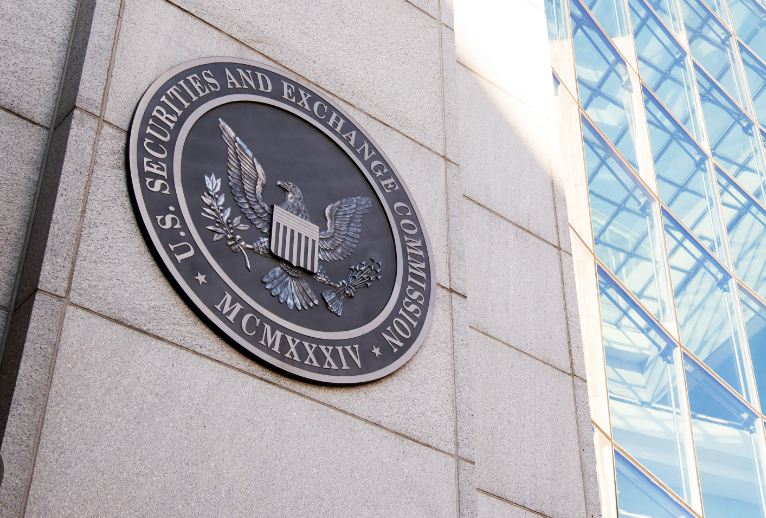#CFTC #SEC #KuCoin #Cryptocurrency #Bitcoin #Ethereum #Litecoin #Regulation
In a notable development within the regulatory framework of the cryptocurrency world, Caroline Pham, a Commissioner at the Commodity Futures Trading Commission (CFTC), has voiced concerns over her agency’s recent legal actions against the cryptocurrency exchange KuCoin. On March 29, Pham suggested that the CFTC’s charges might overstep into the territory traditionally overseen by the Securities and Exchange Commission (SEC), sparking a debate about the boundaries between the two regulatory entities. This statement came after the CFTC filed civil charges against KuCoin on March 26, accusing it of operating an illegal digital asset derivatives exchange and violating the Commodity Exchange Act (CEA) by failing to register with the CFTC.
Pham applauded the CFTC’s Division of Enforcement for their “aggressive enforcement action” but expressed reservations regarding certain allegations that could blur the lines between securities and commodities regulation. Specifically, she highlighted concerns around the interpretation that fund shares held by investors could be considered a form of leveraged trading. This interpretation, according to Pham, fails to distinguish between investments in funds, which are typically under the SEC’s jurisdiction as securities, and the trading activities of a fund, which should fall under the CFTC’s domain. Pham’s critique underscores the complex interplay between various forms of cryptocurrency assets and the need for clear delineation between the roles of the CFTC and the SEC. Her statement encapsulates a crucial argument: “Owning shares is not the same thing as trading derivatives.”
Furthermore, the implications of the CFTC’s actions extend beyond jurisdictional concerns; they touch on fundamental aspects of investor protection and the stability of securities markets. Although Pham did not directly address the classification of major cryptocurrencies such as Bitcoin (BTC), Ethereum (ETH), and Litecoin (LTC) as commodities—which could potentially exempt them from SEC oversight—her critique raises important questions about regulatory scope and efficacy in the rapidly evolving crypto space. Meanwhile, KuCoin’s response to both the civil and criminal charges filed against it, including assurances to users about the safety of their funds, highlights the broader challenges facing crypto exchanges as they navigate a complicated and sometimes overlapping regulatory landscape. This development marks a pivotal moment in the ongoing discourse about cryptocurrency regulation, investor protection, and the appropriate division of responsibilities between two of the United States’ premier financial regulatory bodies.





